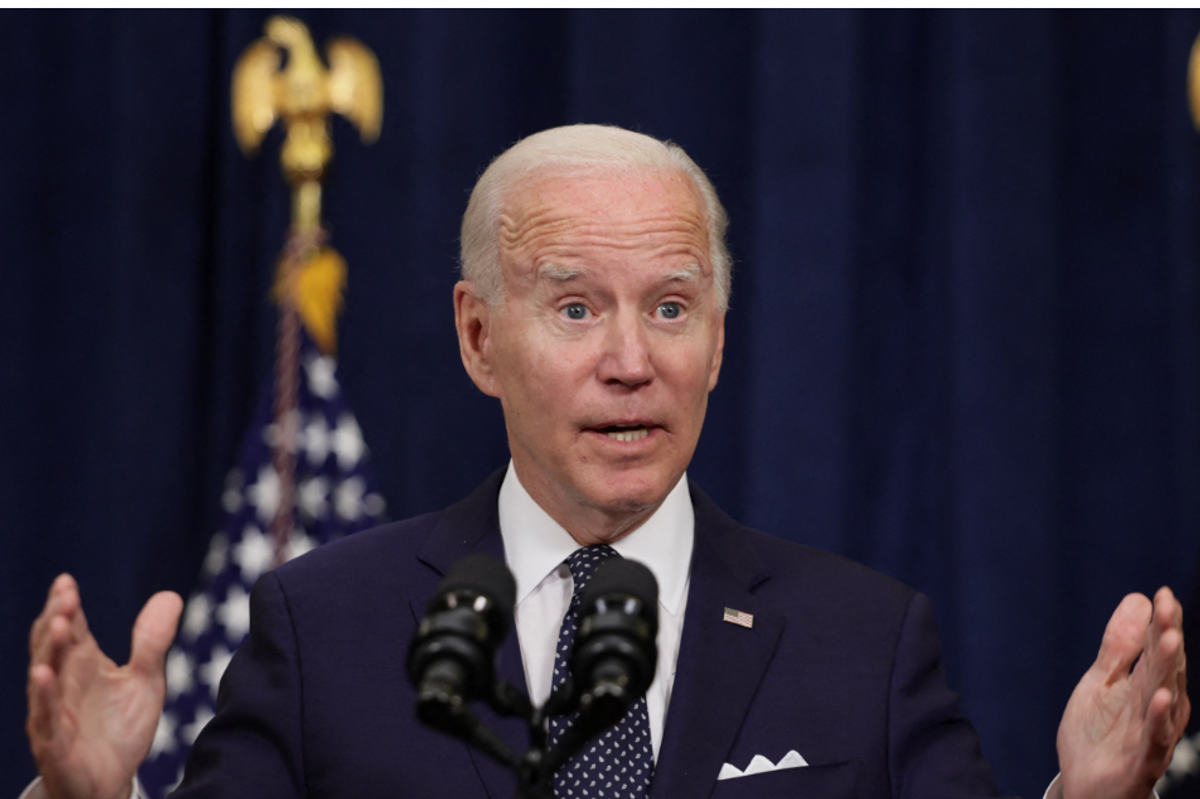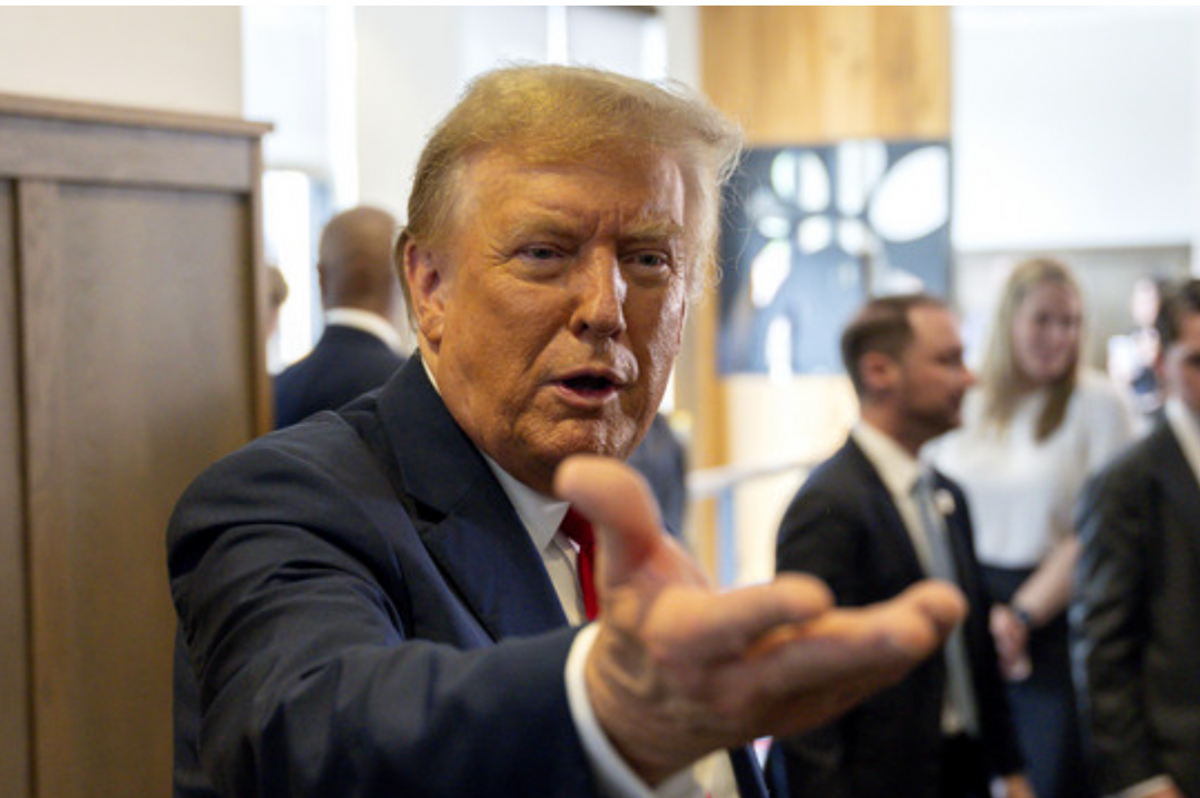Weekend Reader: Change They Can’t Believe In: The Tea Party And Reactionary Politics In America

This weekend, The Weekend Reader brings you Change They Can’t Believe In: The Tea Party and Reactionary Politics in America by Christopher Parker and Matt Barreto. Like most of us, the authors are both fascinated and confused by the Tea Party — what makes them tick and why they vehemently oppose any and all ideas from the left. Parker and Barreto, however, aren’t satisfied with the idea that Tea Partiers are simply racist or intolerant. Instead, they want to paint a different picture of the crazy ultra-right wing, defining them as a faction genuinely worried about the future of the U.S. that seems to be moving away from their concept of a traditional America. The chapter below details the Tea Party’s reaction to the election of President Obama and how it sparked their fervent anti-left agenda.
Do you agree with Parker and Barreto? Does the Tea Party’s agenda come from a desire for traditional and inclusionary America? Or are Tea Party groups exactly what they seem — an intolerant group of voters that are rapidly losing approval and supporters? Let us know in the comments.
You can purchase the book here.
The Tea Party and Obamaphobia: Is the Hostility Real or Imagined?
Chapter four demonstrated that Tea Party sympathizers harbor strong, negative views toward minority groups of all types. Believers, as we have come to identify them, seem reluctant to acknowledge claims to equality made by other groups that deviate in some way from the perceived American norm represented by the Tea Party, or what we have referred to as out-groups. Moreover, it’s worth noting that believers’ rejection of these groups isn’t completely tied to politics, ideology, desire for conformity, or even their preference for antiegalitarian practices. Instead, we argue, and the evidence suggests, that the rejection of these minorities rests on a foundation of fear and anxiety: Tea Party supporters believe their country is rapidly escaping their grasp. We now apply this framework to President Obama, who we believe is the Tea Party’s chief antagonist and target.
It is now passé to restate that the 2008 election was historic. The election of Barack Obama as the first black president was indeed historic, and with it marked an important change in American political history. In chapter 2, we demonstrated that support for the Tea Party is at least in part a reaction to the presidency of Barack Obama. It’s no surprise that those on the right frequently lament presidents who are Democrats. Nonetheless, it’s hard to find another time during which a social and political movement of comparable size formed so quickly and held such deep-seated anger toward the person holding the highest office in the land. Barack Obama was in office no more than three months into his term before well-attended “Tax Day” Tea Party events were staged in more than 750 cities across the country to protest the stimulus, among other things.
We think it likely that the election of Barack Obama, and the change it symbolized, represented a clear threat to the social, economic, and political hegemony to which supporters of the Tea Party had become accustomed. More to the point, as our evidence indicates, Obama’s ascendance to the White House, and his subsequent presidency, triggered anxiety, fear, and anger among those who support the Tea Party because of what he represented: tangible evidence that “their” America is rapidly becoming unrecognizable. This is what we call Obamaphobia.
Even as Tea Party supporters railed against government spending, and an expanding federal government, it seemed their underlying frustration was with Barack Obama himself, who they called Kenyan, Muslim, and un-American, among other things. Any president is sure to face challenging criticism over policy disputes. However, response to Obama and his policies appears to transcend simple policy disagreement, with many Tea Party supporters openly questioning the president’s patriotism, and his American citizenship on several occasions. Such emotional responses, we believe, are ultimately driven by the belief, held by many Tea Party supporters, that Barack Obama is out to destroy the country, the reactionary impulse we originally observed in chapter 1.
Earlier, we demonstrated that opposition to Obama, and what his policies are perceived to represent, is associated with Tea Party sympathy. In this chapter we explore in more detail the extent to which Tea Party sympathizers express anti-Obama attitudes. While the reader may not be surprised that Tea Party supporters hold strong negative views toward the president, our analysis suggests that their viewpoints go well beyond what parties on both sides believe animate attitudes toward the president.
Tea Party sympathizers say it’s all about politics and ideology; that attitudes concerning Obama are simply a function of partisanship and commitment to conservatism. If this is true, the hostility observed by Tea Party critics who say it’s all about racism is imagined. Critics argue that Tea Party sentiment, as it relates to Obama, is driven more by racism and out-group hostility than anything else. Given their deep roots in American social and political history, we think it’s likely that both are sources on which people draw to shape their views about Obama. Still, if out-group antipathy—driven by racism, ethnocentrism, or social dominance orientation—explains believers’ hostility to the president, Obamaphobia remains elusive. Put differently, it’s quite possible that the hostility directed toward the president by Tea Party supporters may really be a function of the way believers feel about out-groups, not anxiety associated with the perception that they’re losing America. Our claim is that Obama-related attitudes are also shaped by factors that go beyond predispositions driven by conservative principles, partisanship, and out-group hostility broadly defined. If this is true, the relationship between support for the Tea Party and Obamaphobia is real.
To summarize, we examine three competing theoretical claims with respect to presidential approval. First, one may argue that reactions to President Obama are based on political predispositions, including ideology, partisanship, and economic evaluations. Second, viewpoints toward Obama are based on motivational predispositions related to out-group hostility: racial resentment, authoritarianism, or social dominance orientation. A third theoretical claim, one we maintain with respect to the Tea Party, is that attitudes toward President Obama are motivated by what the Tea Party and its supporters perceive as the president’s malign intent. Here, we examine whether or not Tea Party support does indeed have its own independent effect on presidential evaluations. We also explore attitudes related specifically to President Obama, ones that mark him as an alien of some kind.
In the end, Tea Party sympathizers and their critics are both wrong. It’s true that conservatism and Republican partisanship are associated with anti-Obama sentiments. Tea Party critics’ beliefs are also valid in that antipathy toward the president is also related to out-group hostility of both general and specific kinds: social dominance orientation and antiblack racism. Still, the issue is whether or not the association between support for the Tea Party and anti-Obama sentiment may be explained in terms of conservative principles and politics or out-group hostility of any kind. On this count, they’re both wrong, because Tea Party sympathy remains tethered to anti-Obama attitudes, even after accounting for these other important alternative explanations. As we will see, anti-Obama sentiment covers a range of issues. When asked about Obama’s intelligence, morality, American citizenship, and Christianity, Tea Party sympathizers are far and away the most negative toward the president.
In what follows, we take a hard look at several facets of the ways in which the Tea Party and its supporters relate to Obama. We open with evidence confirming our argument: the Tea Party is likely a reaction to the election of Barack Obama and his developing presidency. We then introduce the reader to standard ways in which scholars have explained presidential approval, stressing the importance of perceptions of the economy and partisanship. We wrap up the chapter with a few concluding thoughts.
If you enjoyed this excerpt, you can purchase the full book here.
Reprinted from Change They Can’t Believe In: The Tea Party and Reactionary Politics in America by Christopher S. Parker and Matt A. Barreto with permission of Princeton University Press. © 2013.


